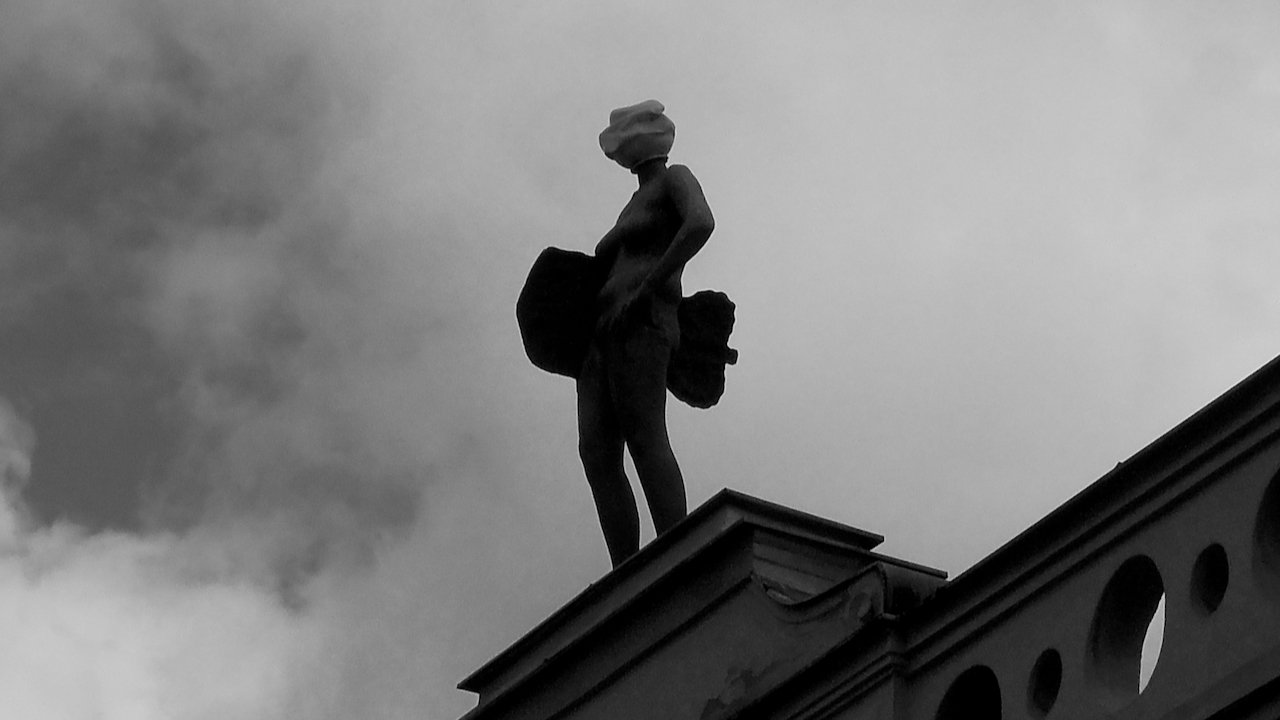The Passing Day
How does distance affect our perception of time?
Long Beach, New York 2021
Desk Notes explores writing, travel, and literature—with a new issue every Friday.
In the early hours of a blustery and cold Monday on a beach just beyond the border of New York City, I halted, my attention struck by a flock of tiny shorebirds. These white birds—all of them, perhaps thirty, huddled close—scampered along the sand, and looked a bit like children playing in the shallow water, excited to hop and shout and splash, but anxious for their spindly legs to propel them toward safety with each crashing wave. Dawn arrived during my walk along the beach and tinted this entire scene with an orange glow. As the sun peeked above the horizon, these tiny shorebirds cast lengthy shadows on the cold sand—a sand that I felt prickle against my skin in the heavy winds.
A few hours later with the day warmer and the ocean breeze now a cosy blanket, a quick drive through town brought me to the local train station. A window seat on the train offered a decent view of the sun, its perch now high in the expansive and blinding sky. By the time I stepped onto my bus and found another window seat, the sun had begun its downward journey, the daily fall that’s always slower than the rise. And by the time I left that bus for another car in a different town, the sun had already waved goodbye, streetlights and an illuminated skyline my only sights from this final window.
How distance affects our perception of time has always intrigued me, and I couldn’t help but wonder about how long my journey would have taken in the past. From what I was able to gather, this same trip would have required nearly two weeks in 1800. Yet it would have been reduced to only four days thirty years later. Somewhere around the midpoint of the 19th Century is when the trip which took me a short day would have required a long day. And my actual trip time on Monday would have been fairly close to the train times of nearly a century ago—which is pathetic and depressing and pretty good evidence of stagnation.
Looking out my window before I wrote these paragraphs this morning, I noticed the first hints of autumn on a few nearby trees. Just the slightest flash of brilliance on the occasional branch, electric reds or burnt yellows, all those rich colors that arrive without warning and are swift to depart. Thick bunches of leaves will soon fall when I’m not watching and coat the sidewalks, but I’ll only notice when I hear the crunch underneath my steps, and it’ll be like strolling atop a sidewalk of chips, until, soon after, a light rain will make the leaves slop and stick and slosh.
At the window I could also hear the vaguest hints of distant music. I strained to listen closer, but the source was too far away. All that came to me were slight cracks and clangs and thumps; and those distant sounds were a bit like when you’re small and in elementary school, stuck on a hard wooden chair in a giant auditorium, listening to a band you can’t quite hear; or when you’re in a lifeless Brooklyn bar on a chilly autumn evening, listening to an old man strum a guitar all alone on an empty stage; or when you’re in the Hong Kong metro on another breezy day, bundled tight but underdressed for the chill, listening to some distant chant down the platform which you can’t comprehend; or when you’re in Bucharest eating a midnight meal on an outside terrace, listening to a soft melody from a nearby window and it’s suddenly a bit too cold; and then you’re walking along the shoreline in the late hours of the day just beyond the borders of Palermo, trying to listen to a band in the distance, the sound rising as the sun sets.




